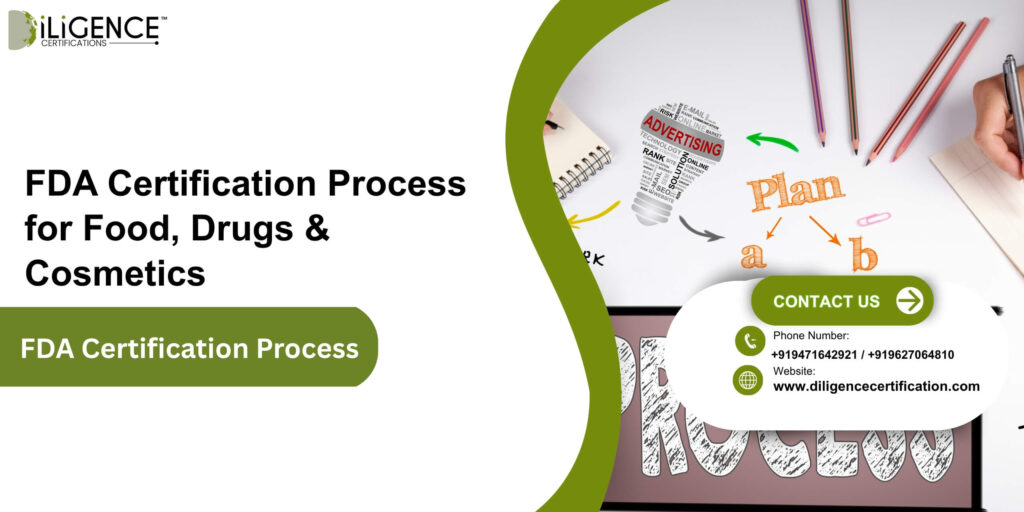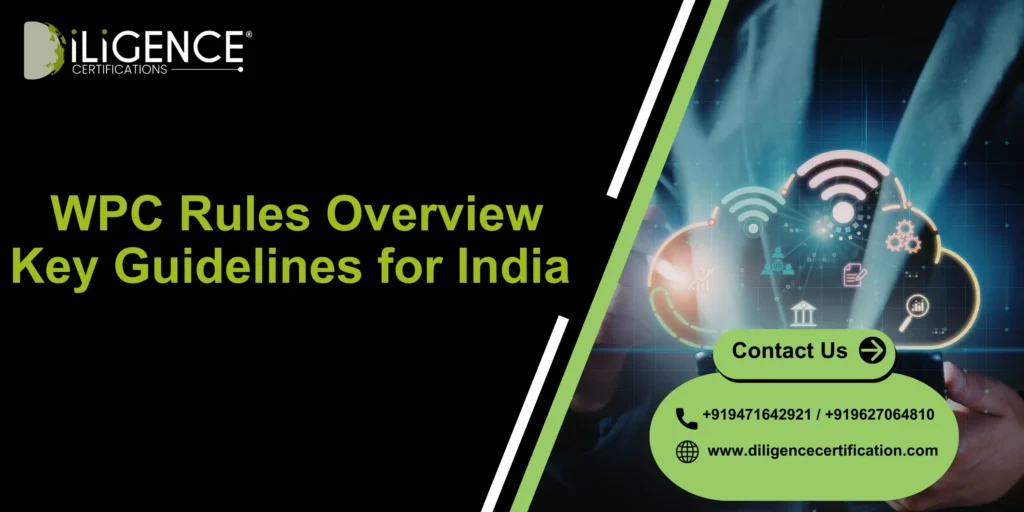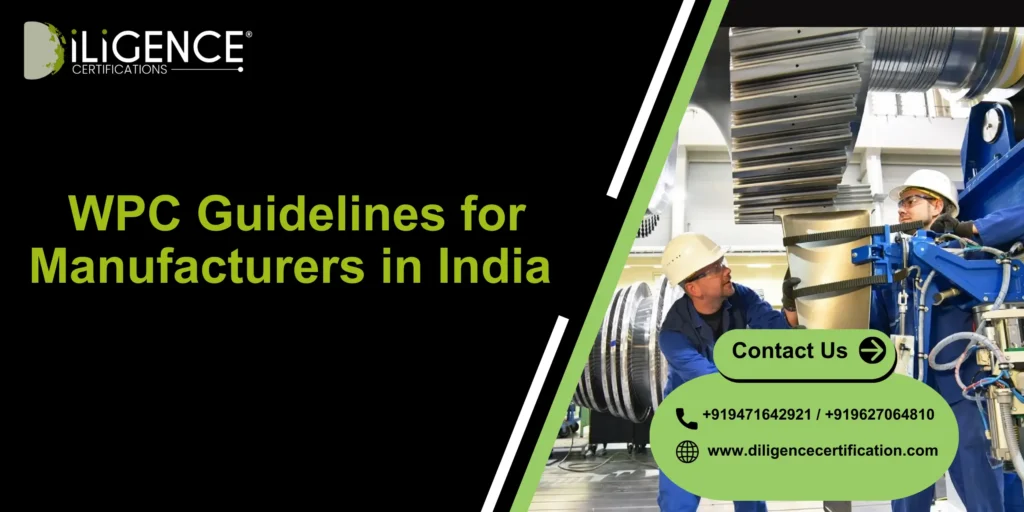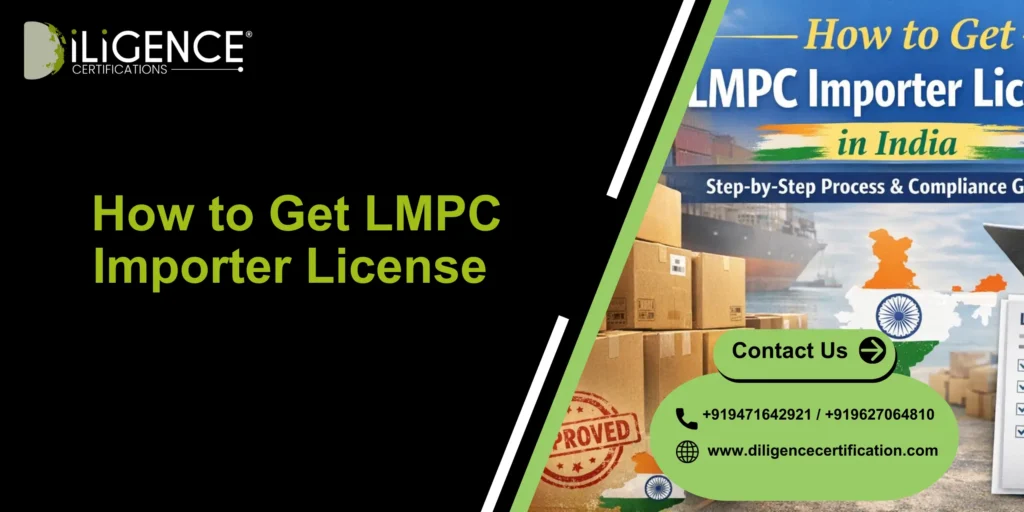- FDA Certification Process within the Food and Drug Administration (FDA) protocol.
- Understand how Current Good Manufacturing Practices (CGMP) are supportive of quality and compliance.
- Products certified by the FDA are generally afforded better access to international claims, higher restaurant point of sale brand loyalty, and consumer confidence often aligned solely with consumers’ equity in transparency and ethical practices.
Introduction
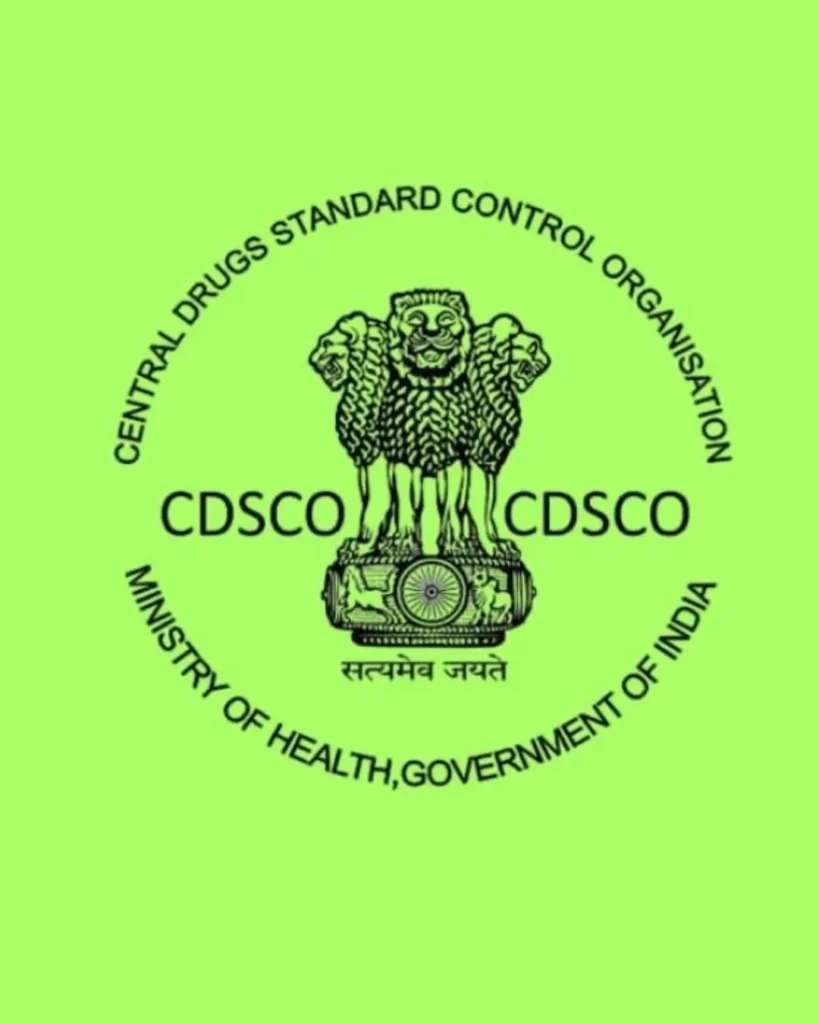
In 2019, a business from an Indian pharmaceutical company based in Ahmedabad encountered significant postponement of a new antibiotic agent for the U.S. market because its site was unapproved by the FDA. The company’s product was indeed World Class standards of quality. In order to make its product available to customers in the United States, however, the facility needed to be CGMP (Current Good Manufacturing Practices) compliant and have FDA approval before making its product available.
This is a common situation faced by exporters and manufacturers of all products; understanding the complex but vital FDA certification and approval process.
What Is FDA Certification?
The Federal Drug Administration (FDA) is a U.S. administrative agency, part of The Department of Health and Human Services (HHS), was created in 1906 under the Federal Food and Drugs Act. The main purpose of the FDA is to protect the public health by ensuring the safety, efficacy and quality of food, drugs, biologics, cosmetics, medical devises, and radiation emitting products.
FDA Certification of a product or facility means that, through the FDA’s process of review, the product or facility has been determined to be in compliance with federal regulation, as well as CGMP requirements and labeling. This indicates scientific evidence establishing safety and effectiveness.
Key areas regulated by the FDA include:
- Pharmaceuticals (prescription and OTC drugs)
- Biologic products (vaccines, blood products, cell therapies)
- Medical devices (diagnostic and therapeutic equipment)
- Food and dietary supplements
- Veterinary drugs
- Cosmetics and personal-care products
- Tobacco and radiation-emitting products
Similarity Between CDSCO and FDA
The Central Drugs Standard Control Organization (CDSCO) under the Ministry of Health and Family Welfare fulfills a role similar to the FDA in India.
Like the FDA’s Center for Drug Evaluation and Research (CDER), the CDSCO, under the bureaucratic direction of the Drug Controller General of India (DCGI), is also the regulator for approval, manufacturing, and clinical trials of pharmaceuticals in India.
| Parameter | CDSCO (India) | FDA (United States) |
| Regulatory Body | Directorate General of Health Services | Department of Health and Human Services |
| Head Authority | Drug Controller General of India (DCGI) | Commissioner of Food and Drugs |
| Governing Act | Drugs and Cosmetics Act, 1940 | Federal Food, Drug, and Cosmetic Act |
| Key Responsibility | Regulates drugs and medical devices in India | Ensures public health and product safety in the U.S. |
While CDSCO and FDA perform parallel roles in their respective countries, FDA certification is mandatory for exporting drugs, medical devices, or food products to the U.S. market.
Understanding Current Good Manufacturing Practices (CGMP)
One of the key components of FDA certification involves the compliance with Current Good Manufacturing Practices (CGMP)—the FDA regulations designed to guarantee that products are reliably produced, and controlled, according to quality standards.
CGMP ensures:
- Correct design, monitoring, and control of manufacturing processes
- Verification of raw materials and equipment utilized
- Proper documentation and traceability
- Elimination of contamination and labeling error
- Regular inspections by FDA auditors
Even slight noncompliance to CGMP can lead to Warning Letters, recalls, or detaining imports. As such, for real-world drug makers in India planning to sell to the U.S. market, CGMP compliance is the foundation of receiving FDA approval.
The FDA Certification Process for Drugs
The FDA approval process for drugs is designed in a scientific and transparent way in order to assure that anything that the FDA approves is safe, effective, and manufactured correctly.
Here is an overview of each step of the FDA approval process.
1. Preclinical Testing
All new drugs are tested on animals in preclinical studies before they get anywhere near to being used as supposed cancer treatments on humans to assess the subjects’ toxicity, pharmacokinetics and safety. The results of those tests decide whether the compound will enter human trials.
At this point, a company will need to prepare an Investigational New Drug (IND) package which would include:
- Chemical composition and formulation details
- Proposed dosage and administration method
- Manufacturing and quality control data
2. Investigational New Drug (IND) Application
The IND Application is the formal filing to the FDA that seeks approval to begin clinical testing in humans. It has to show that it’s reasonably safe to start off with in people.
An IND is supposed to be reviewed by the FDA within 30 days. During this period, the agency may put the study on hold if safety problems develop.
Key inclusions in the IND:
- Preclinical data and study protocols
- Investigator credentials
- Manufacturing details and facility information
- Plan for monitoring patient safety
3. Phase 1 Clinical Trials – Safety Evaluation
- Objective: To assess safety, dosage, and side effects.
- Participants: 20-80 healthy volunteers.
This phase examines the drug’s effects upon the human body — its absorption, metabolism, and excretion.
4. Phase 2 Clinical Trials – Efficacy and Side Effects
- Purpose: To evaluate the drug’s clinical efficacy and toxicology.
- State the intended patient population: 100-300 participants with the indicated disease or condition.
5. Phase 3 Clinical Trials – Large-Scale Testing
- Aim: To inform effectiveness, unintended side effects, and full sponsor data
- Subject Population: 1,000 – 3,000 patients across multiple sites.
Information on patient outcomes during this phase will offer more detail regarding the safety, interactions, and dosing recommendations associated with the drug in study.
At this stage, the sponsor may sufficiently prepare a New Drug Application (NDA) for the FDA submission.
6. FDA Review and New Drug Application (NDA)
The NDA is a formal request to the FDA to approve the drug for sale and marketing in the United States.
An NDA includes:
- All preclinical and clinical trial data
- Labeling and packaging information
- Manufacturing and facility compliance details
- Risk management strategies
The FDA assesses the application at the Center for Drug Evaluation and Research (CDER). The time it takes FDA to review the application averages between 6 to 10 months, depending on the priority category of the drug.
During the review process, FDA will also inspect the facilities to ensure that CGMP is being followed.
7. FDA Advisory Committee Review
- Prior to granting approval, the FDA may call an Advisory Committee together of independent clinical and research experts, clinical reviewers, pharmacists, statisticians, and even sometimes patients.
- The committee discusses the findings from the NDA and the clinical trials. The FDA does not have to follow the recommendation of the committee, but more often times than not it does so to assure decision transparency.
8. Final FDA Approval
- The FDA grants final approval once it believes that the drug’s benefit exceeds the known risks. After that, the manufacturer can sell the drug to consumers in the U.S. with the approved labeling.
- However, the oversight does not end there — the FDA continues post-marketing surveillances (Phase 4) to assess the drug long-term safety, and adverse reactions and may recall the product if needed.
FDA Certification Process for Medical Devices
While drugs undergo the NDA pathway, medical devices follow a different route based on their risk classification:
| Device Class | Risk Level | Example | Regulatory Pathway |
| Class I | Low | Bandages, thermometers | General Controls |
| Class II | Moderate | Syringes, infusion pumps | 510(k) Clearance |
| Class III | High | Pacemakers, implants | Premarket Approval (PMA) |
The 510(k) process requires a manufacturer to prove the device is substantially equivalent to a device previously approved by the FDA. Class III devices are subject to Premarket Approval (PMA) with substantial testing, clinical data, and facility audits.
FDA Certification Process for Food and Cosmetics
Regarding food, FDA certification shows compliance with Food Safety Modernization Act (FSMA) and labeling regulations, while cosmetics are not required to be FDA approved unless products claim to be therapeutic (anti-acne, anti-aging, etc.) but must conform to Good Manufacturing Practices (GMP) and exclude hazardous or misleading components.
Indian exporters often seek FDA registration for products like:
- Nutraceuticals and dietary supplements
- Herbal extracts and natural cosmetics
- Processed foods and beverages
- Personal-care formulations
Key Components of FDA Inspection and Audit
The FDA regularly inspects domestic and foreign manufacturing sites to ensure compliance with CGMP and product safety standards.
Key inspection areas include:
- Facility design and cleanliness
- Production and process controls
- Equipment maintenance and calibration
- Quality management and batch records
- Complaint handling and recall systems
Documents Required for FDA Certification
When applying for FDA certification or registration, companies generally need:
- Business license and company profile
- Product composition and ingredient details
- Manufacturing process flowchart
- Clinical or lab testing reports
- Safety and stability data
- Packaging and labeling samples
- CGMP compliance certificate
- U.S. Agent authorization letter (for foreign manufacturers)
Benefits of FDA Certification
Obtaining FDA Certification is not just a regulatory achievement — it is a legitimate distinction that builds brand reputation, consumer trust, and global reach. Whether your business is involved in manufacturing pharmaceuticals, food products, medical devices, or cosmetics, FDA Certification means you have met global quality and safety requirements for your products.
Key Benefits:
- Lowered Product Liability Risk: Following the FDA’s documentation and manufacturing processes lowers the risk of product recalls, civil fines or lawsuits, and concerns about public health.
- Increased Investment/Partnership Opportunities: Investors, distributors, and business partners want to work with FDA-approved manufacturers because of the inherent transparency in compliance with the FDA and proof of manufacturing discipline.
- Better Manufacturing Practices (Compliance with cGMP): Following the cGMP standards requires a more efficient process, less waste, and better quality assurance in production.
- Competitive Advantage for Indian Exporters: FDA approval promotes a better quality marker for Indian pharmaceutical, nutraceutical, and food manufacturers and helps with quick confirmations for U.S. Import Licenses.
- Better Consumer Safety: Continuous oversight and post-marketing surveillance provides assurance that only high quality and safe products are in the marketplace for the consumer.
- Stronger International Branding: FDA Approved” or “FDA Registered” labels carry immense global value, setting your company apart from uncertified competitors.
- Long-Term Compliance Framework: Companies following FDA and CGMP guidelines develop a sustainable internal quality system that improves efficiency across all departments.
FDA Certification Cost
| Factor | Description |
| Product Type | Different requirements for drugs, medical devices, foods, and cosmetics. |
| Testing & Trials | Includes preclinical, clinical, and lab validation for safety and efficacy. |
| CGMP Compliance | Facility readiness, documentation, and quality system adherence. |
| Submission & Documentation | Preparing technical dossiers, labeling, and FDA application files. |
| Inspection & Audit Support | Pre-inspection prep, audits, and corrective action implementation. |
Timeline and Validity of FDA Certification
- Drugs and Biologics: New Drug Application ( NDA) review takes 6–10 months and Biologics License Application (BLA) review takes 12–18 months.
- Medical Devices: The time frame for clearance with 510(k) is generally 90–180 days; the Premarket Approval (PMA) process may take up to 1 year.
- Food Facilities: Registration must be renewed every 2 years.
Once products have been approved, FDA certification will remain in effect as long as the company is in compliance with CGMP and passed periodic audits.
How Diligence Certifications Helps with FDA Compliance
For companies exporting pharmaceuticals, medical devices, or food products to the United States, navigating the FDA certification process can be daunting.
Diligence Certifications simplifies the process through:
- Comprehensive FDA regulatory consulting
- Assistance with CGMP documentation and implementation
- Support in facility audits and FDA inspections
- Guidance on U.S. Agent registration for foreign manufacturers
Why Choose Diligence Certifications?
- Incomplete documentation: Missing information in IND or NDA can delay approval.
- CGMP non-compliant: Not properly design constructed and facilities maintained, or documentation practices implemented that do not meet regulatory standards.
- Labeling errors made: Nonsensical, misleading, or inaccurate dose, dosage form and/or product claims for human consumption on products.
- Barriers of communication: Difficulty proper coordination with the reviewer from the FDA (remote or distance coordination).
- Inspection preparedness: Not properly prepared prior to pre-audit or a CAPA (corrective action and a preventative action) system in place.
Post-Approval Monitoring and Reporting
Even after FDA approval, manufacturers are required to:
- Submit periodic safety reports
- Record and report adverse events
- Maintain manufacturing consistency under CGM
- Implement recall procedures if required
This continuous monitoring ensures that all FDA-approved products remain safe for public use.
Conclusion
The FDA approval process is meticulous, scientific, and carefully controlled for public health concerns. Each phase from pre-clinical trials to post-licensing surveillance protects the public by ensuring that any product marketed in the United States meets the highest level of standards for safety and effectiveness based on Current Good Manufacturing Practices (CGMP).
For any manufacturer and exporter it is helpful to work with an expert like Diligence Certifications to help streamline documentation, expedite approval, and address compliance over the long-term. If you are looking to expand your pharmaceutical, medical device, or food business in the U.S., contact Diligence Certifications – A partner you can trust for FDA Certification and CGMP compliance.
Frequently Asked Questions
What is the FDA Certification process?
The process for obtaining FDA Certification involves collecting data to ensure that a product is safe, meets quality standards, and is efficacious. Data is collected through preclinical studies, clinical studies, CGMP practices, and through FDA review prior to marketing.
What are the main steps in FDA Certification for drugs?
The main steps of FDA Certification of drugs include:
Preclinical Studies – Test safety of the product in laboratory and animal studies.
Investigational New Drug (IND) Application – An application is made to begin human trials for the product.
Phase 1 Clinical Study – Assessment of safety and tolerability in a small group of healthy volunteers.
Phase 2 Clinical Study – Assessment of efficacy and side effects in a larger group of volunteer patients.
Phase 3 Clinical Study – Conduct of a large study with patient population to assess safety, dosage, and effectiveness.
New Drug Application (NDA) – Application submitted to the FDA with all data for approval.
FDA Review & Advisory Board Review – Review by FDA and recommended approval is made to the Director of the FDA.
Final Approval – Products approved for market entry into the U.S. market.
How long does each step take?
The time taken to complete preclinical and clinical testing will vary by product and its complexity, but can be seconds to month to multiple years. Well-prepared documentation and CGMP practices can save time and assist in the wait time.
Is the FDA certification process the same for medical devices and food products?
No. While the fundamental principle is the same — ensuring safety and quality — medical devices and food products take unique pathways that include device classification, manufacturing facility registration, and compliance with labeling statutes.
Can FDA certification be obtained by medical device manufacturers located abroad?
Yes. A manufacturing company located abroad can obtain FDA certification if they name a U.S. Agent and meet the same requirements for testing, documentation, and compliance with Current Good Manufacturing Practices as a domestic manufacturer would have to.
Does FDA certification guarantee safety for all consumers?
FDA certification means that the FDA has determined that the benefits of that medical device outweigh the known risks presented to the specific patient population, but the quality of the safety is somewhat unqualified and individual responses of patients could differ. Post-market surveillance helps ensure ongoing safety and effectiveness once a medical device is in circulation.
How does Current Good Manufacturing Practices tie into the process?
Current Good Manufacturing Practices (CGMP) are protocols that make sure that the facility, equipment, and processes either used for food production (in the case of FDA certification for food products) or used for medical device manufacturing (in the case of FDA certification for medical devices) are meeting stringent quality guidelines that serve as the backbone of the FDA Certification process.






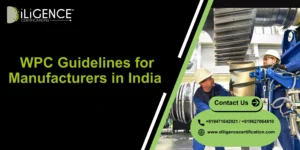
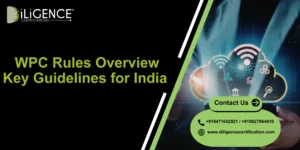
 BIS Certification
BIS Certification
 CDSCO
CDSCO
 CPCB
CPCB
 LMPC
LMPC
 WPC Approval
WPC Approval
 Global Approvals
Global Approvals
 TEC
TEC
 ARAI
ARAI
 BEE
BEE
 ISO Certification
ISO Certification
 DGCA Certification
DGCA Certification
 NOC For Steel
NOC For Steel



















 Business Registration
Business Registration















 Legal Services
Legal Services
 Trademark Registration
Trademark Registration
 Copyright Registration
Copyright Registration
 Patent Registration
Patent Registration
